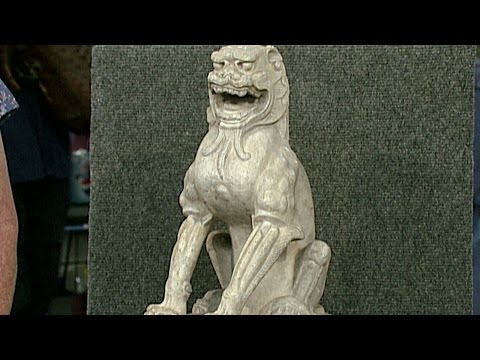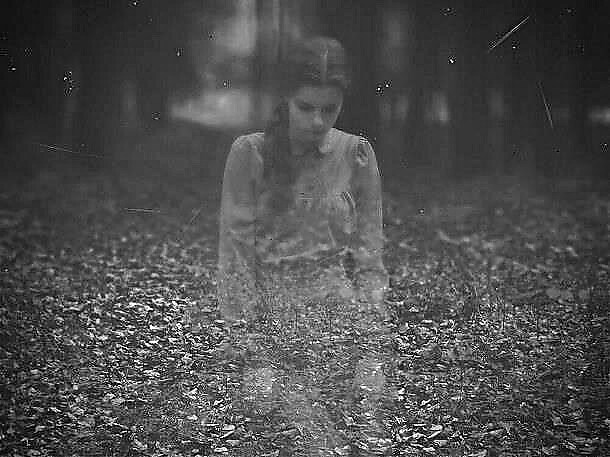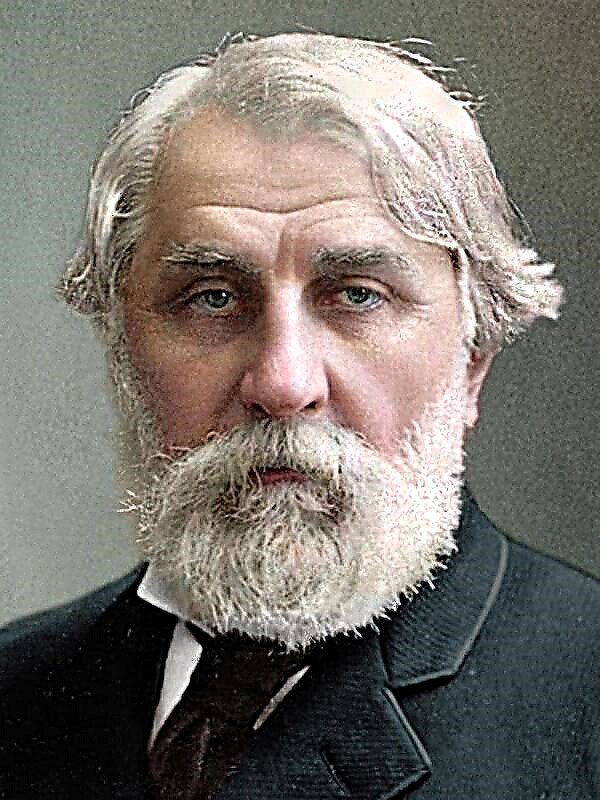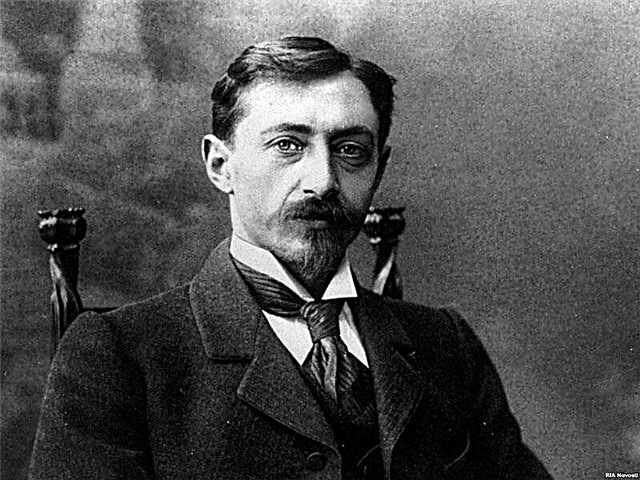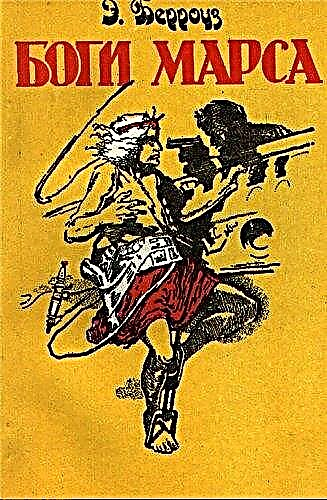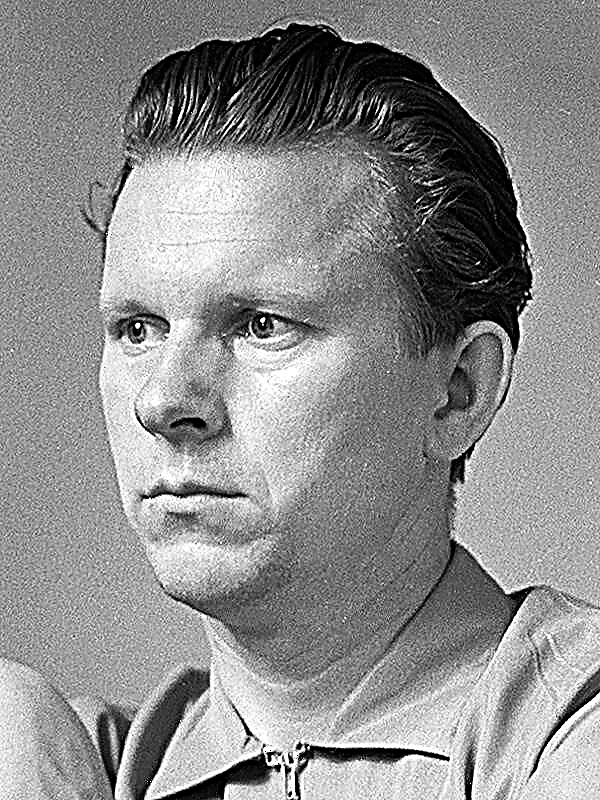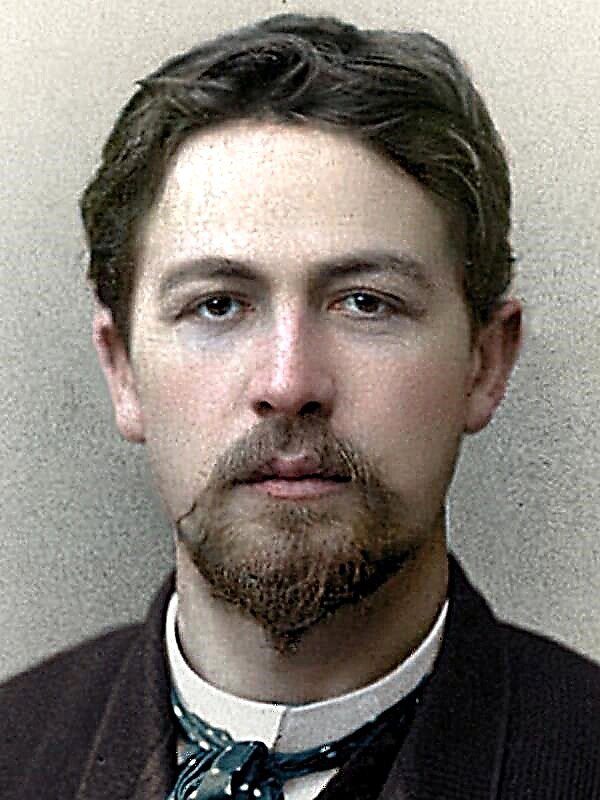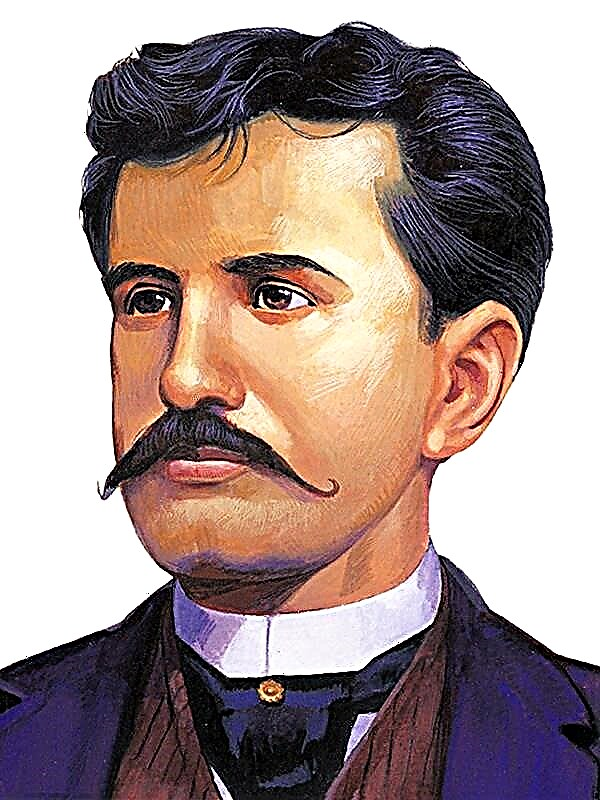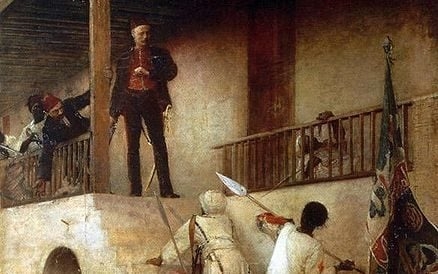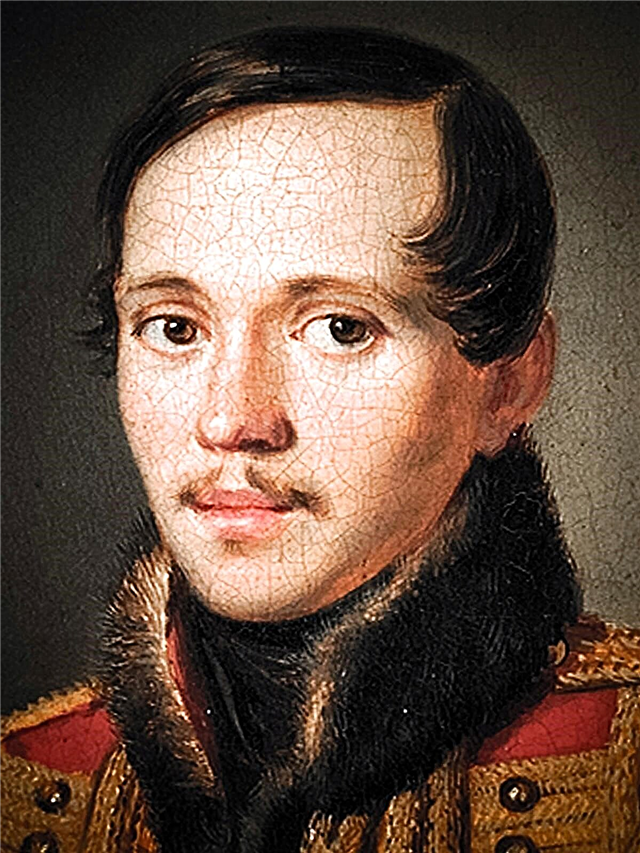Humphrey Clinker's Journey is the last work of an English writer: the novel was published a few months before his death in Livorno, where Smollett voluntarily went into a kind of “exile”. The novel was written in an epistolary style, which was not an innovation for English literature; many Richardson's novels are written in this style. The novelty, one might say, Smollet’s innovation is different: the same events, seen through the eyes of different people, with different views, belonging to very different classes, varying in level of culture, finally, by age, appear on the pages of these letters filed very in different ways, sometimes very polar. And above all, it is precisely what strikes the novel: the amazing dissonance, Smollet’s ability to convey not only the difference in style, language, but also the complete dissimilarity of perception of life, level of thinking. His characters are revealed in their messages with such a human peculiarity, so unexpected and paradoxical that one can rightly speak about the true virtuosity of Smollet - a psychologist, stylist, philosopher. The letters of his characters fully confirm the thesis: style is a person.
Smollet always, as befits a "classic novel", reveals several layers. The plot is often replete with all sorts of branches, waste from the chronological presentation, the purpose of which for the author is to fully present the picture of the era. The novel can literally be called the "encyclopedia of British life." Being in the genre primarily a wandering romance whose heroes cross the whole of Great Britain, it is a kaleidoscope of events, a string of destinies, pictures of the capital’s life, life “on the waters” in Bath, the quiet existence of provincial towns and the English nature, all kinds of entertainments of different walks of life , sketches of court morals and, of course, features of the literary and theatrical environment and much, much more.
The main character of the novel is not at all indicated in the title of Humphrey Clinker (it appears on the pages when a third of the story is already behind), and Matthew Bramble, an elderly bachelor, gout and misanthrope, is a man with all his bile (as a rule, however, absolutely justified) generous, disinterested and noble, in a word, a true gentleman; as his nephew Jerry Melford speaks of him, "by his generosity, the authentic Don Quixote." Undoubtedly, Smollet’s cuter ego is read in this image, and it’s Bramble who expresses the views closest to the author - on the state of mind, on the development of civilization, it should be noted that they are very accurate, accurate and, most importantly, completely outdated. So, in a letter to his permanent addressee, Dr. Lewis (and it should be noted that each of the characters has his own permanent correspondent, which does not really appear on the pages of the novel, only in the references) he writes: “There is one question that I would like to resolve "Has the world always deserved the contempt that it, in my opinion, deserves now?" The question, of course, is "for all time."
However, with all the observation and insight, with all the causticity of Smollet (Swift’s traditions are palpable in his novel, as well as in many other books written by contemporaries), he still tries everything that he hates (because he hates that he knows too well and not from other people's words), to contrast a certain idyll, a certain utopia. Such an Arcadia, alluring, but clearly unattainable, is the estate of Bramble Brambleton Hall, about which we learn from the letters so many all kinds of miracles, but where the heroes of the story never get.
However, in the process of their journey, they truly know the world, discover the nature of people, the uniqueness of morals. As always, on the way they meet a lot of colorful personalities: the "noble robber" Martin, the old warrior, all wounded and hacked, Lieutenant Lismahago. By nationality, he is a Scotsman - which is the reason for numerous discussions regarding England and Scotland (the heroes at this moment are just passing through Scotland). Such a persistent return to the national theme was undoubtedly affected by the Scottish origin of Smollet himself, which was very tangible for him during his first steps in London, and the consequences of this origin, of course, were not reflected in the best way. However, in the interpretation of Scotland that was put into the mouth of Bramble in the novel, along with true observations, there is naivety and a clear idealization of traditions, national foundations of the Scots, for example, the general depravity of the British, about the peculiarities of the inhabitants of the capital - London, their loss their roots. Lieutenant Lismahago is not only a participant in the discussion, but also, one might say, the spring of one of the storylines: it is he who ultimately becomes the chosen one and husband of Bramble's sister Tabitha, a grumpy old maiden who during the novel gives its participants a lot of trouble and trouble.
Let us return to the hero of the novel, whose name appears in the title. While traveling on the goats of the carriage in which Mr. Bramble is seated, his sister Miss Tabitha, as well as the maid Jenkins, holding the greatest jewel on her lap on a special pillow - Miss Tabitha’s beloved dog “the crappy dog” Chowder, by chance turns out to be an unfamiliar young man, by mind - a real ragger. His name is Humphrey Clinker. Later it turns out that he was illegitimate, a foundling, was brought up in a shelter (paraphrase of the fielding “Tom Jones, Foundling”, but the paraphrase is clearly parody, which affects both the description of Humphrey's appearance, the list of his “skills”, and everything else). The magnanimous Bramble, seeing that the young man is left to the mercy of fate, hires him to serve him. He shows sincere zeal of a rather idiotic quality, which is why he gets into ridiculous situations all the time. However, upon arrival in London in Humphrey unexpectedly completely different talents are discovered: he turns out to be a wonderful ... preacher, who can bewitch both the ordinary people and quite distinguished persons. A footman reading a sermon to the duchesses - this Bramble can not tolerate. He is ready to expel Humphrey: “Either you are a hypocrite and a rogue, or you are obsessed, and your brain is damaged!” Meanwhile, Humphrey is more “obsessed,” or rather, a holy fool, with tears confesses to the owner that the “devout” hypocrite Lady Briskin made him this way, convincing him that “the spirit had descended upon him”. After ascertaining that Humphrey is not “rogue,” Bramble leaves him in his house. “If there was pretense or hypocrisy in such excessive piety, I would not have kept him in the service, but, as far as I could tell, this little one is simplicity itself, inflamed by frenzy, and due to its simplicity he is able to be faithful and attached to his benefactors” - so Bramble writes in the message to Dr. Lewis. However, a little later, irritated by Humphrey's impassable idiocy, Bramble expresses the exact opposite proposition: "Stupidity often infuriates more than cheating, and does more harm." However, at the decisive moment when the carriage with Bramble and his household, crossing the stormy river, turns over and everything, including Bramble, ends up in the water, it is Humphrey who saves his master. And already closer to the ending of the novel, by the will of fate, it suddenly opens up that Humphrey Clinker’s father is none other than Bramble himself - “the sins of youth”. And Bramble speaks of his well-wished son: “This rogue is a wild apple tree that I planted myself ...” What is the point? Humphrey Clinker's simple-heartedness, often reaching idiocy, outright foolishness (harmless only because Humphrey does not pursue any evil goals consciously), is a continuation of Bramble’s quixotic, intelligent, subtle, noble feelings and aspirations, all knowing everything, knowing the price. ..
The second happy marriage that crowns the finale of the novel is the wedding of Humphrey Clinker (henceforth Matthew Lloyd) and the maid Winifred Jenkins: having loved her as a servant, Humphrey does not change her and now, becoming a "master". Commendable!
And the third happy union is connected with another story, mentioned throughout the novel: the story of Bramble’s niece, Jerry Melford’s sister, Lydia. While still studying at the Oxford guesthouse, she met a young man named Wilson, whom she passionately fell in love with. But - he is an actor, a "comedian", and therefore - "not a couple." With a certain shadow, he passes through the whole story, so that in the end he will turn out to be no actor, but a nobleman, and even the son of Bramble’s old friend Mr. Dennison, according to Jerry Melford, “one of the most perfect young men in England”.
So - a triple idyll - this ending is by no means idyllic, but rather a very bitter and very sober novel. As usual, Smollett brought out a lot of real historical figures in him: actor James Queen, whose attitude to the time that has passed since the creation of The Adventures of Perigrin Pickle has changed; famous politicians described with undisguised sarcasm and mockery; and even himself, under the name of "writer S." He describes with pleasure the reception in his own house for all kinds of “writers”: gall, disgusting, mediocre subjects, assiduously, “out of gratitude”, reproaching their benefactor. "They all have one reason - envy," commented Jerry Melford's friend Dick on this phenomenon. Smollett describes what was better known to him than anything else: the life and customs of literary girl-maids, various writers who write dirty denunciations of each other, although they themselves are not worth a penny. But the conclusion that Jerry comes to in the finale is bitter enough, it also reflected the knowledge and experience of Smollet himself: “I have devoted so much space to the writers that you may suspect that I am going to join this fraternity; however, even if I was capable of this profession, it is the most hopeless remedy against starvation, because it does not allow me to postpone anything for old age or in case of illness. ” In conclusion, however, Jerry will write about the writers: "a wonderful breed of mortals, whose morals ... very exciting curiosity." And in these words we also undoubtedly recognize the voice of Smollet himself.

